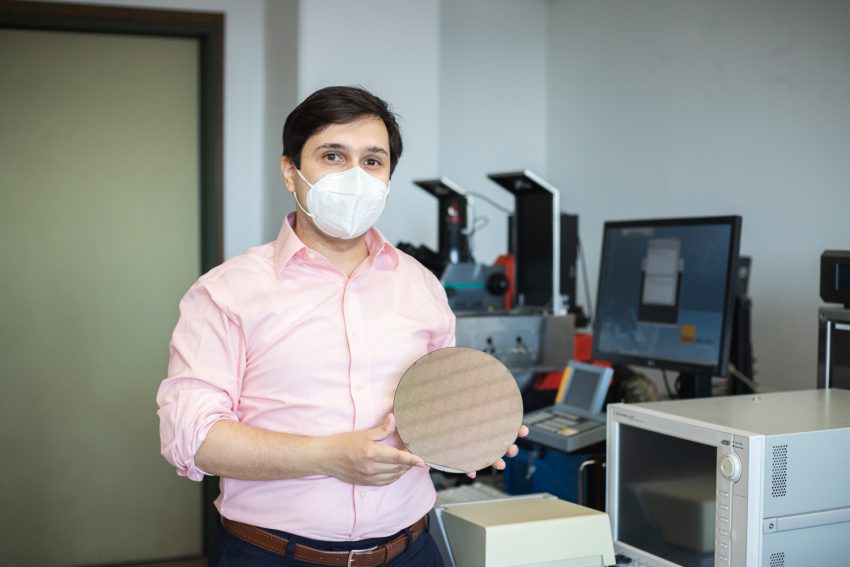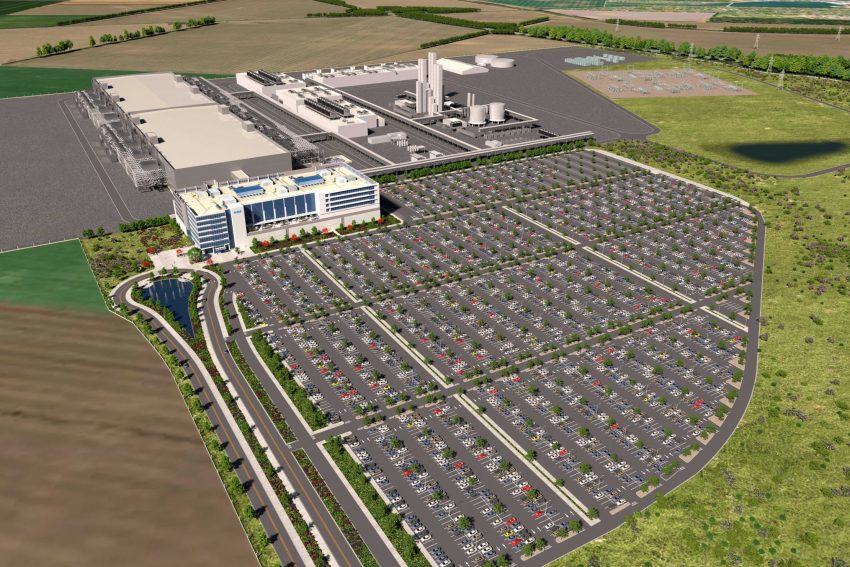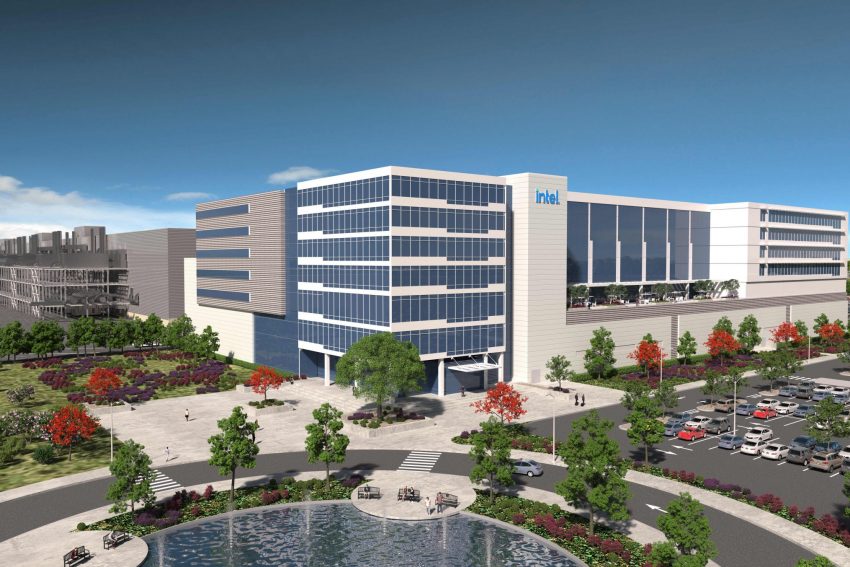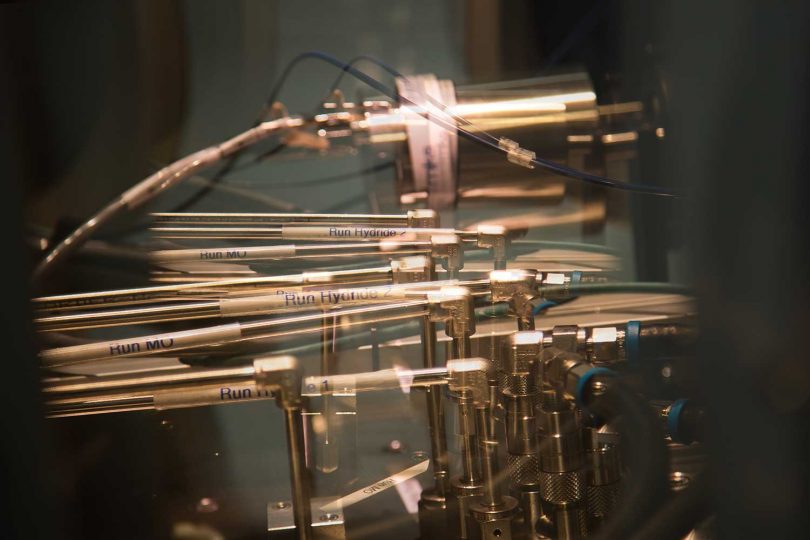Intel’s 17 Billion Megafactory in Magdeburg What the new "Silicon Junction" means for Braunschweig
It could be a turning point for Europe’s industrial sector: The world’s largest chip manufacturer Intel has announced plans to build chip factories in Europe over the next few years. The central “Silicon Junction” is to be built in Magdeburg from 2023: Two factories for a total of 17 billion euros. What does it mean when thousands of high-tech jobs are created an hour’s drive away from TU Braunschweig? As a former developer at Intel, Professor Vadim Issakov from the Institute for CMOS Design talks about the opportunities this investment brings for our region.
Mr Issakov, 17 billion euros is a lot of money – more than the costs of Berlin Airport and Stuttgart 21 combined. What exactly is being built in Magdeburg?
Semiconductor production has always been extremely cost-intensive. Now, however, these costs are multiplying with every technological leap in chip design. At the institute, we concentrate on chip design in CMOS technology. Since CMOS puts an extremely large number of transistors on a chip and is also very changeable, the future belongs to this technology. However, billions of euros need to be invested in production. Large corporations like Apple, AMD and Nvidia design their computer chips, but do not manufacture them themselves. Instead, they have them produced by a few companies. The planned factory in Magdeburg will strengthen Intel’s position in such contract manufacturing.
What does the new chip factory mean for TU Braunschweig? Media outlets are reporting that up to 10,000 new jobs will be created an hour away from Braunschweig.

Professor Vadim Issakov with a wafer, the base plate for chip production. Photo credit: Max Fuhrmann/TU Braunschweig
This is great news for our students, of course. The factory will give the whole region more weight in the chip industry. Intel can become for our electrical engineers what Volkswagen is for our mechanical engineering graduates. The demand for skilled workers is so high that all universities in the Magdeburg area are in demand. At TU Braunschweig in particular, electrical engineering is well positioned in precisely those areas that are of interest to Intel: semiconductor technology, communications technology, computer engineering and chip design. In addition, there is also computer science at our university, for example with specialists in the design of embedded computing.
How does it look in terms of research?

The mega-factory is being built an hour away from Braunschweig, in Magdeburg. Photo credit: Intel Corporation
The extent to which cooperation at the research level will emerge depends on how much technology development Intel will locate in Magdeburg. Currently, for example, “GlobalFoundries” in Dresden is a strong partner with whom we can jointly apply for and implement funding projects. If we enter into similar cooperations with Intel, that would be an enormous gain.
If, on the other hand, the mega-factory becomes a pure production site, it would be obvious to set up a joint design centre in Braunschweig. For Intel, this would be a win-win-win situation: close to production, close to appropriate research and close to the next generation of electrical engineers.



